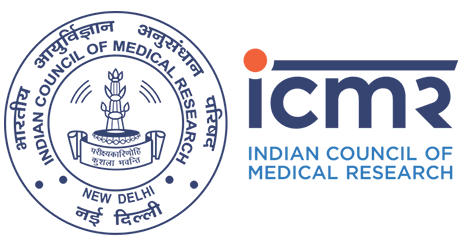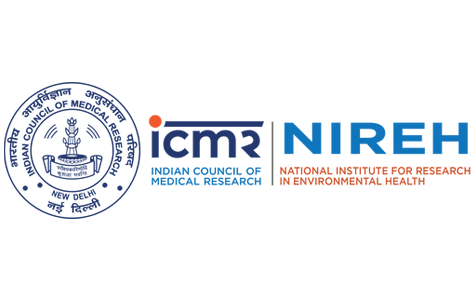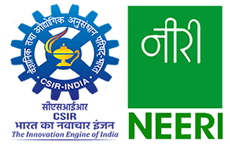About ICMR
The Indian Council of Medical Research (ICMR), under the Department of Health Research (DHR), Ministry of Health and Family Welfare (MOHFW), Government of India (GOI), is India's premier medical research organization, dedicated to the advancement of biomedical research and the improvement of public health. Established in 1911 as Indian Research Fund Association (IRFA), ICMR is instrumental in formulating, coordinating, and promoting medical research across the country. It conducts and supports research on a wide array of health issues, including infectious diseases, chronic conditions, and emerging health threats. ICMR's initiatives aim to translate scientific findings into tangible health improvements, ensuring the well-being of the Indian population and contributing to global health advancements through its extensive network of research institutions and collaborative efforts. ICMR oversees 27 institutes across the country, each focusing on different aspects of health research. Among them, the ICMR-National Institute of Occupational Health (NIOH) stands out as the only institute with a dedicated mission to protect and promote worker health.

ICMR-National Institute of Occupational Health (NIOH)
ICMR-NIOH, located in Ahmedabad, India, is a premier research institution dedicated to the study of occupational health and safety. Established in 1966, it has been at the forefront of conducting scientific research to identify and mitigate health risks associated with various occupations. The institute’s mission is to promote and protect the health of workers through comprehensive research, training, and policy advocacy.


ICMR-NIREH, located in Bhopal, India, specializes in environmental health research. Established in the aftermath of the Bhopal gas tragedy, the institute aims to develop solutions for environmental health problems through multidisciplinary research. NIREH’s work spans toxicology, environmental epidemiology, and occupational health, contributing significantly to public health policies and interventions in India.

CSIR-NEERI, based in Nagpur, India, is a pioneering institution in environmental science and engineering. It plays a vital role in conducting research and providing solutions for sustainable development. NEERI’s expertise includes environmental impact assessment, pollution control technologies, and environmental policy advisory, making it an indispensable partner in addressing environmental health challenges.